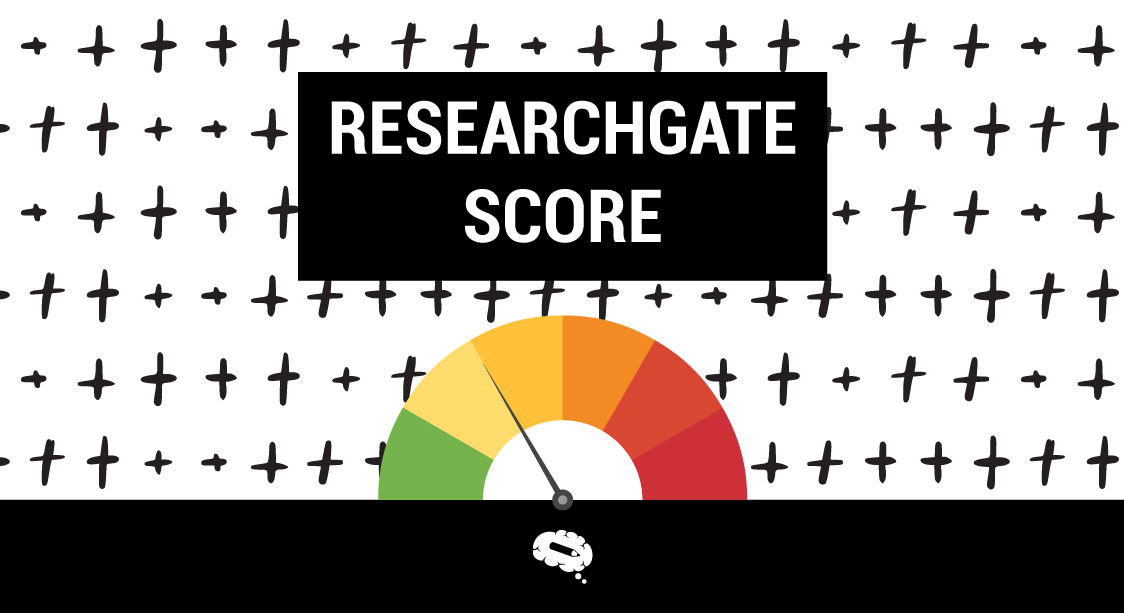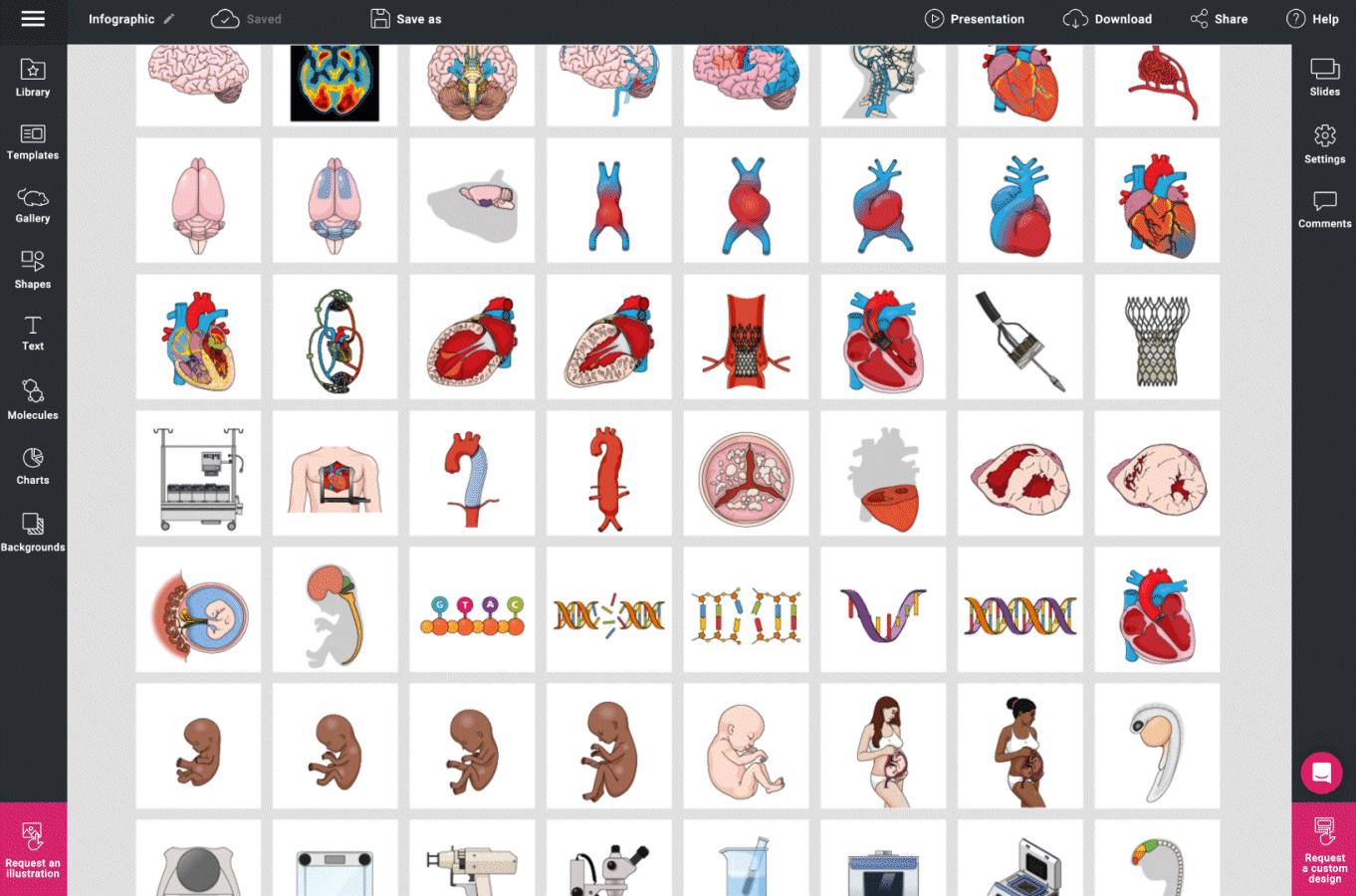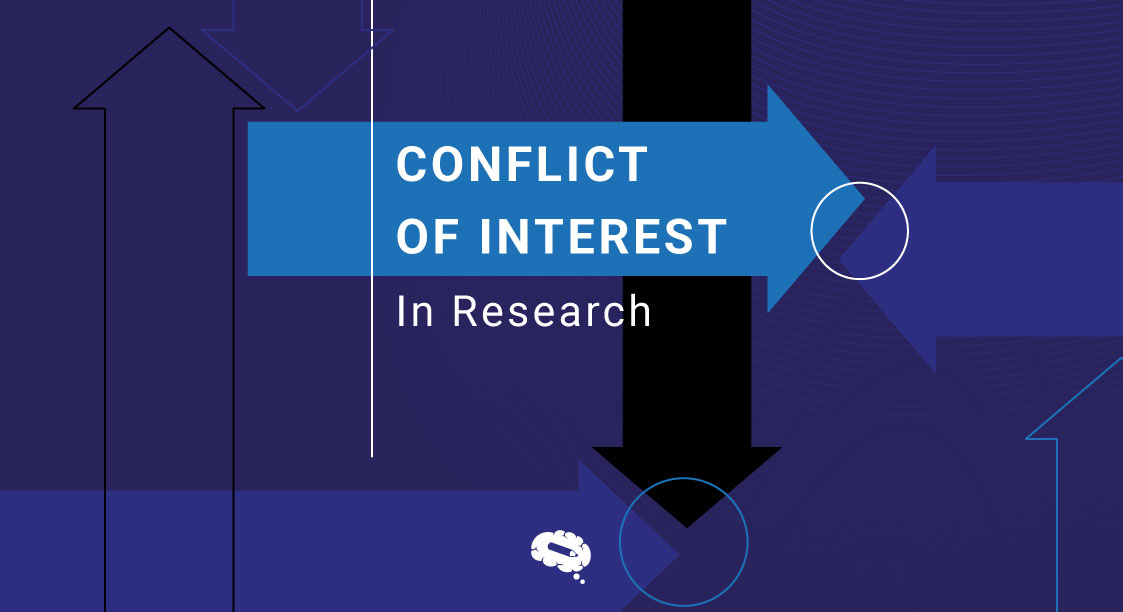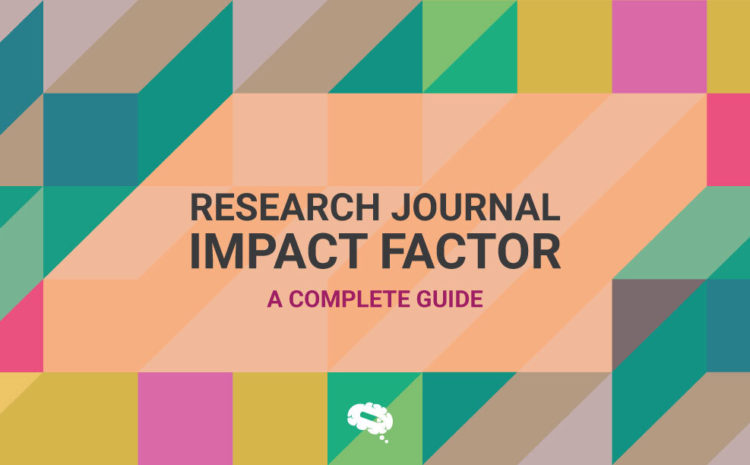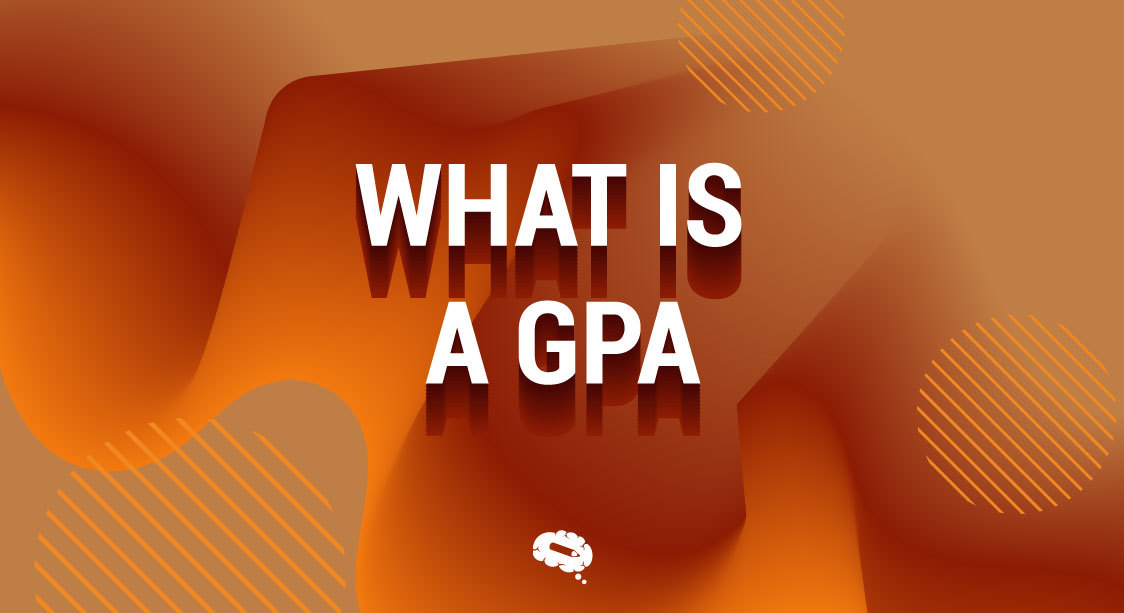If you are a researcher, you must already have an idea about ResearchGate, a professional network for scientists and researchers.
The score they give is what we call ResearchGate score which helps recognize you as a researcher and your influence over people. Let us see more about this ResearchGate score in this article.
What is ResearchGate Score?
The ResearchGate score measures the impact and engagement of a researcher’s work within the ResearchGate community. It aims to provide an overview of a researcher’s influence and reach based on their contributions and interactions on the platform. The ResearchGate Score aims to give you an idea of your overall visibility and impact as a researcher. A higher score indicates that your work is widely recognized and that you actively engage with others on the platform.
This can be important for career development, as it can help you build your professional reputation, attract collaborations, and secure funding opportunities. The score is calculated using three main components:
- Publications: The number and quality of a researcher’s publications. Higher-impact journals and frequently cited papers contribute more to the score.
- Questions and Answers: Engagement in the Q&A section of ResearchGate. Actively participating by asking insightful questions and providing valuable answers can boost your score.
- Followers: The number of followers a researcher has. More followers generally indicate a wider reach and influence within the community.
The ResearchGate Score is significant as it helps researchers gauge their impact and visibility. A higher score can lead to increased recognition, collaboration opportunities, and funding prospects.
It’s a useful tool for researchers to monitor their professional growth and network influence. However, it’s essential to focus on genuine contributions and meaningful interactions rather than solely aiming to increase the score.
Related Article: What is ResearchGate? Linking the Global Research Community
Components of the ResearchGate Score
The ResearchGate Score is determined by three main components: Research Impact, Contributions to the Community, and Profile Completeness.
Research Impact
This measures how influential your research is. It’s based on the number and quality of your publications, the reputation of the journals they’re in, and how often your work is cited by others.
High-impact research gets widely read and frequently cited. Factors that influence research impact include publishing in high-impact journals and having your work referenced in other significant studies. The more influential your research, the higher your score.
Contributions to the Community
This evaluates how active you are in the ResearchGate community. It includes asking and answering questions, sharing insights, and engaging in discussions.
Examples of community contributions are providing valuable answers, participating in forums, and sharing resources. Engaging with the community helps you build a network and gain visibility, which in turn boosts your score.
Active participation shows that you contribute to the collective knowledge and support your peers.
Profile Completeness
A complete profile includes a detailed biography, a list of your publications, your research interests, and your academic history. Key elements are your photo, current position, education, and contact information.
Maintaining a complete profile is beneficial because it makes you more visible and credible to other researchers, potential collaborators, and employers. It also helps others find and connect with you based on your expertise, further enhancing your ResearchGate Score.
How is the ResearchGate Score Calculated?
The ResearchGate Score is calculated using data from various sources and a specific scoring algorithm.
Data Sources
ResearchGate obtains data from your activities and contributions on its platform. This includes your publications, the number of citations your work receives, the questions you ask and answer, and your overall engagement with other users.
External data, such as citations from other academic sources also play a role. These data points are crucial as they provide the raw information needed to evaluate your impact and contributions.
Scoring Algorithm
The scoring process involves analyzing the collected data to determine your influence and engagement level. The algorithm considers several factors, including the number of publications you have, the quality and impact of those publications, how often your work is cited by others, and your interactions within the ResearchGate community.
Contributions such as asking questions, providing answers, and participating in discussions are also factored in. The final score is a composite measure that reflects both your research impact and community engagement.
Factors like publication quality, citation frequency, and active participation significantly affect your final score. The algorithm is designed to give a balanced view of your overall contribution to the academic community.
Importance of the ResearchGate Score
The ResearchGate Score is important because it can significantly influence your professional reputation and provide valuable networking opportunities.
Professional Reputation
Your ResearchGate Score is a reflection of your research impact and engagement within the academic community. A higher score indicates that your work is widely recognized and valued by peers, enhancing your reputation as a credible and influential researcher. This improved reputation can lead to better career opportunities, such as job offers, promotions, and invitations to speak at conferences.
Funding agencies and academic institutions may also consider your score when evaluating your proposals, making it a critical factor in securing research grants and collaborations.
Networking Opportunities
A higher ResearchGate Score can make you more visible to other researchers, increasing your chances of forming meaningful connections. Networking through ResearchGate allows you to collaborate with experts in your field, share insights, and stay updated on the latest research trends.
Examples of networking include joining research groups, participating in discussions, and following researchers whose work aligns with your interests. These interactions can lead to collaborations on projects, co-authoring papers, and sharing resources and expertise.
Overall, a higher score helps you build a robust professional network, fostering opportunities for growth and collaboration in your research career.
Improving Your ResearchGate Score
Improving your ResearchGate Score involves several strategies, focusing on publishing quality research, engaging with the community, and completing your profile.
Publishing Quality Research
To produce high-quality research, focus on selecting significant, original topics that contribute to your field. Use rigorous methodologies and present clear, well-supported conclusions.
Collaborate with other researchers to enhance the quality and credibility of your work. Publishing in reputable, peer-reviewed journals is crucial because these journals have higher visibility and impact, increasing the chances of your work being cited by others.
Engaging with the Community
Active participation in the ResearchGate community is essential. You can start by asking insightful questions and providing thoughtful answers to others’ queries. Join relevant research groups and participate in discussions to share your expertise and learn from others.
Meaningful interactions, such as providing constructive feedback on others’ work and collaborating on research projects, can significantly boost your score. Regularly updating your publications and sharing new findings also helps maintain an active presence.
Completing Your Profile
Ensure your profile is comprehensive and up-to-date. Start by adding a professional photo, your current position, and a detailed biography. List all your publications, including articles, books, and conference papers. Highlight your research interests, projects, and achievements.
Providing contact information and links to your other professional profiles or websites can also enhance your visibility. A complete profile makes it easier for others to find and connect with you, improving your ResearchGate Score.
In conclusion, to improve your ResearchGate Score, focus on publishing high-quality research in reputable journals, actively engaging with the ResearchGate community through meaningful interactions, and maintaining a comprehensive and up-to-date profile.
These strategies enhance your professional reputation, expand your network, and increase your research impact. By following these steps, you can effectively boost your visibility and opportunities within the academic community.
Visualize Your Research Or Paper In An Engaging Way
Mind the Graph helps you visualize your research or paper in an engaging way, making complex data easy to understand and visually appealing. Explore our library of science figures, graphical abstracts, and infographics for free and make your research stand out. Sign Up now!

Subscribe to our newsletter
Exclusive high quality content about effective visual
communication in science.

